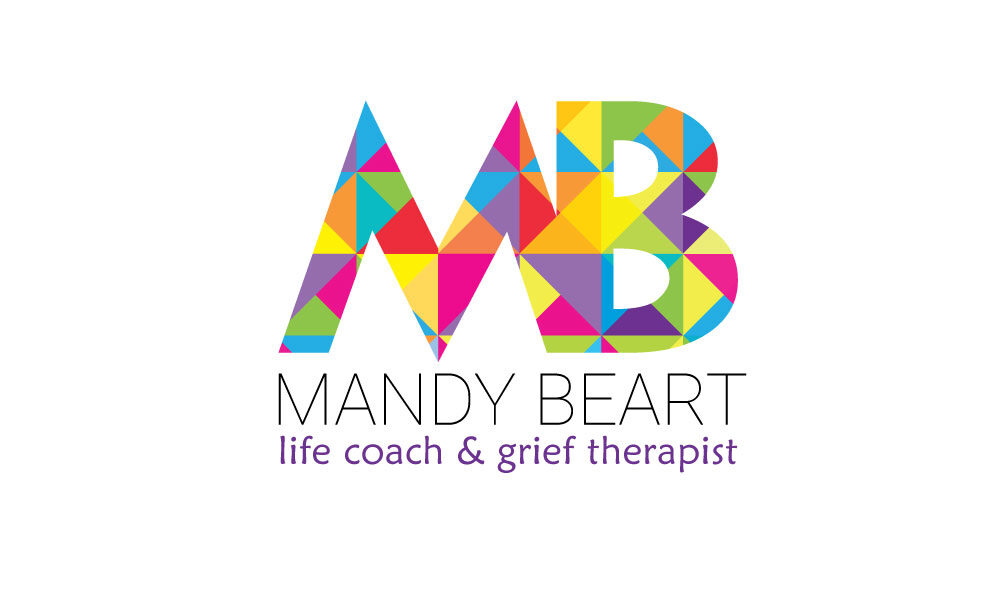Grief is an inevitable part of the human experience, touching each of us at some point in our lives. Whether it is the loss of a loved one, the end of a significant relationship, or even the death of a cherished pet, grief can be overwhelming. The emotional pain and confusion that accompany loss can leave you feeling adrift, and uncertain of how to move forward. In such times, grief counselling on the Central Coast can serve as a friend, philosopher, and guide, helping you navigate the turbulent waters of sorrow and emerge stronger on the other side.
Understanding Grief: A Complex Emotional Journey
Grief is a deeply personal experience, and no two people grieve in the same way. The process is often compared to a journey, with various stages that one must pass through. These stages, which include denial, anger, bargaining, depression, and acceptance, are not linear. You may find yourself oscillating between them, revisiting certain stages as you process your emotions.
While some people can cope with grief on their own, many find the process overwhelming and isolating. This is where grief counselling comes into play. It provides a safe space for individuals to express their feelings, gain insight into their emotions, and develop coping strategies to manage their pain.
The Role of a Grief Counsellor: A Compassionate Guide
A grief counsellor is much more than just a therapist; they act as a compassionate guide, helping you understand and process your grief. They listen without judgment, offering empathy and support as you navigate the complexities of your emotions. Grief counsellors are trained to recognise the different ways people express grief and can provide tailored support based on your unique needs.
One of the key aspects of grief counselling is helping you understand that your feelings are valid. It is common to experience a wide range of emotions during the grieving process, including sadness, anger, guilt, and even relief. A grief counsellor helps you explore these emotions, offering reassurance that what you are feeling is normal and part of the healing process.
Philosophical Insights: Finding Meaning in Loss
Grief often raises profound questions about the nature of life and death, the meaning of existence, and the purpose of suffering. These existential concerns can be deeply unsettling, but they also present an opportunity for growth and self-discovery. Grief counselling can help you explore these philosophical questions, guiding you toward finding meaning in your loss.
Through this exploration, many people discover that their grief has transformed them in ways they did not expect. While the pain of loss may never fully disappear, it can lead to a deeper understanding of themselves and the world around them.
Practical Support: Coping Strategies and Self-Care
In addition to emotional and philosophical guidance, grief counselling offers practical support to help you cope with the day-to-day challenges of grief. This may include developing healthy coping mechanisms, such as mindfulness, journaling, or engaging in creative activities.
Another important aspect of grief counselling is addressing any physical symptoms that may arise during the grieving process. It is not uncommon for grief to manifest in physical ways, such as headaches, fatigue, or changes in appetite.
Ultimately, grief counselling on the Central Coast serves as your friend, philosopher, and guide, helping you navigate the complex emotions of grief and find a path toward healing.




